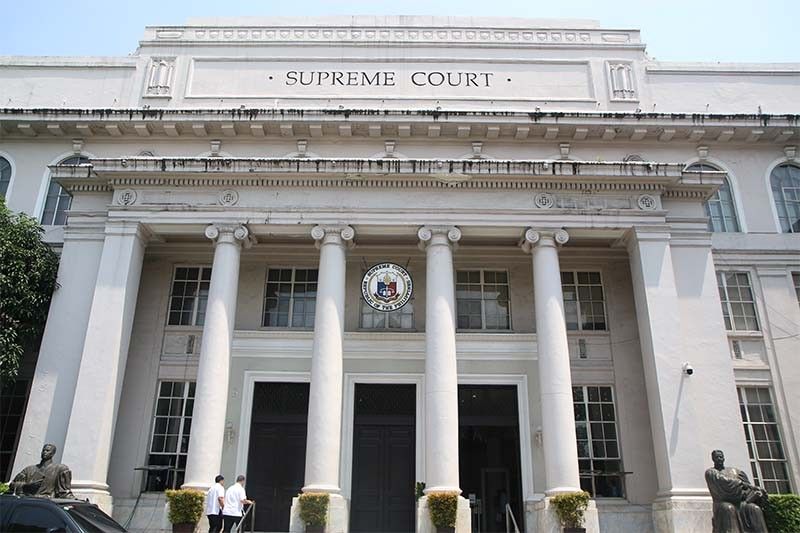Case Title: Julius Amanquiton vs. People of the Philippines
Case Number: G.R. No. 186080, August 14, 2009
Doctrine/Relevant Topic: Pro Reo Doctrine
Facts:
On the evening of October 30, 2001, Leoselie John Banaga was involved in a gang trouble in Taguig City and was subsequently mauled during the affray. Responding to that incident, Julius Amanquiton, a barangay tanod, together with Dominador Amante and a certain Cabisudo, chased and apprehended him. Banaga On the way to the police station, one Gepulane suddenly appeared from nowhere and boxed Bañaga in the face. Gepulane was also apprehended. Records were taken.
Thereafter, an information was filed against the apprehenders for a violation of child abuse. On arraignment, the petitioner and Amante both pleaded not guilty, while Gepulane remained at-large. The trial commenced and the Regional Trial Court (RTC) later found the petitioner and Amante guilty beyond reasonable doubt of the crime charged. Amanquiton’s motion for reconsideration was denied.
Petitioner filed an appeal, which was given due course, but the Court of Appeals rendered a decision which affirmed the conviction but increased the penalty. The petitioner’s motion for reconsideration was denied, leading to this petition to the Supreme Court.
Issue:
Whether or not petitioner Amanquiton was indeed guilty of the crime of child abuse beyond a reasonable doubt.
Ruling:
The Supreme Court reversed the findings of the lower courts. In the instant case, the Court applied the pro reo principle and the equipoise rule. Where the evidence on an issue of fact is in question or there is doubt on which side the evidence weighs, the doubt should be resolved in favor of the accused. If inculpatory facts and circumstances are capable of two or more explanations, one consistent with the innocence of the accused and the other consistent with his guilt, then the evidence does not fulfill the test of moral certainty and will not justify a conviction.
The Court expressed serious doubts about whether Amanquiton, et al. were solely responsible for Banaga’s injuries. It noted Banaga’s statement that there were many people present during the apprehension, but that only Banaga’s, his aunt’s, and a certain Alimpuyo, Dr. Cruz’s testimonies were presented, and that these did not support Banaga’s allegation that Amanquiton mauled him, when the prosecution could offer unbiased testimonies from other people.
It further emphasizes that the great goal of our criminal law and procedure is not to send people to the gaol but to do justice. The prosecution’s job is to prove that the accused is guilty beyond a reasonable doubt. Conviction must be based on the strength of the prosecution and not on the weakness of the defense. Thus, when the evidence of the prosecution is not enough to sustain a conviction, it must be rejected and the accused absolved and released at once.
Therefore, the petition was granted and petitioner Amanquiton was acquitted of the crime of child abuse.

